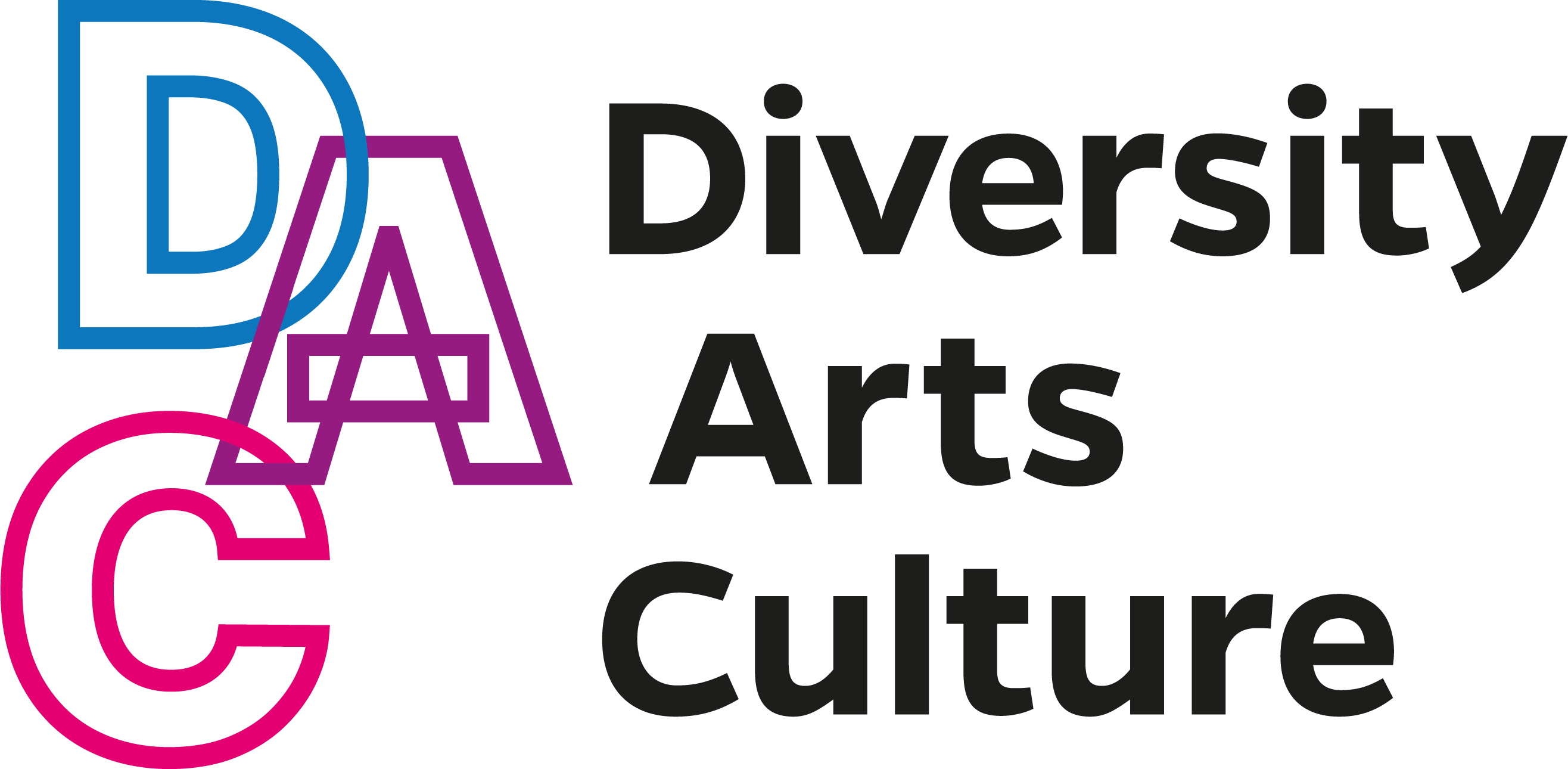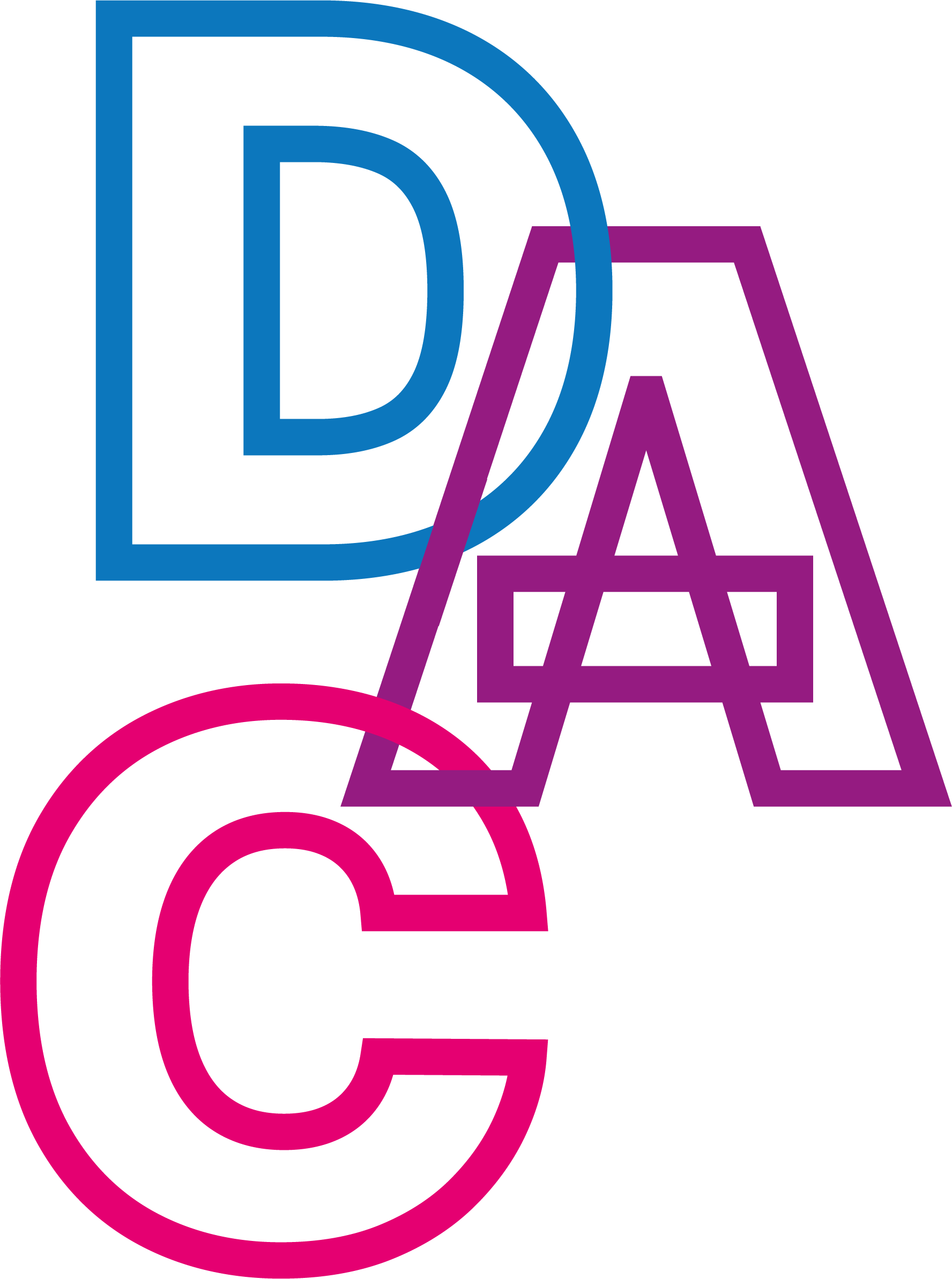Access Rider
What is an access document?
Text: Romily Walden
Übersetzung ins Deutsche: Tora von Collani
Text: Romily Walden
Access documents are used by disabled artists to ensure that our needs are met when working with others. They help to cover important issues prior to beginning a working relationship, allowing both institution/gallery/organisation/events team and artist to feel confident and comfortable in their interactions with each other.
Many institutions aren’t used to working with disabled artists. Most Berlin-based institutions that I’ve worked with are not familiar with the concept of an access document. Below I’ve detailed the way that I have gone about writing my access document, which is influenced by the work of other sick and disabled artists including Johanna Hedva and Access Docs for Artists. Below the ‘how to write an access document’ section, you will find some further reading, which I hope will be useful for you.
This text is geared towards helping sick and disabled artists to navigate their working relationships with organisations, and the labour expectations that come with that work. This is a resource oriented toward sick and disabled communities. However, if you are a curator, member of an institution or cultural worker without a disability, please use this resource to help you to understand the work that disabled artists have to do in order to build a professional relationship with you. I would also strongly recommend making use of the ‘further reading’ section to help you to learn more about the topic, and enable you to make your work more accessible going forward.
Writing an access document
An access doc can cover anything that you feel is important for an organisation to know in order to make your work together more accessible. It can be helpful to split your access doc into various sections to make it easily digestible, and you may want to number these sections to make them easy to reference.
You are never under any obligation to share diagnoses or to justify your access needs. You can simply state what access provisions you require without explaining further (unless you want to, of course).
What follows is an incomplete list of suggestions for topics and questions you may want to ask yourself when making an Access Doc. This list is influenced by my own disability and the access needs that come with it; it is highly subjective and not at all complete. There will almost definitely be things that you need that aren’t mentioned in this list; there will be things on this list that don’t apply to you. Please use what works for you and leave the rest.
Introduction
Do you want to explain what an access document is and why you are using it?
This can be helpful for people who have never come across an access doc or worked with disabled artists before.
Do you want those you’re sending the access doc to to confirm receipt and that they have read it?
Do you want to schedule a call/meeting after they’ve read it to go through any questions/concerns?
This is a good place to communicate your general attitude towards discussing your access document. Some people feel more open to discussing the messiness and complexities of access; other people simply want their access documents read and adhered to without further discussion. This is a personal choice that you can find your own way with. Your feelings and needs around this may also shift over time.
Overview
Do you want to give a brief overview of your general access needs here?
For example: “I am an ambulatory wheelchair user” or “I live with a disability that affects my energy levels and mobility”.
You are never under any obligation to share diagnoses if you have them.
Communication
Do you have a preferred method of communication?
Do you like text to be formatted in a certain way? Bullet points? Short paragraphs? Large font? Etc.
Is there a time that’s best to reach you?
Would you prefer that a care assistant or friend is CCd into all communication?
What can an organisation expect from you in terms of replying to emails/calls? Replies once a week? Every two weeks? Would you like them to remind you if they haven’t heard back from you after this period of time?
Do you need to work with an organisation to make a contingency plan for if you are too unwell to communicate for a period? This could, for example, mean giving a friend or assistant’s details who can be in contact with the organisation if needed.
Meetings / events
Can you meet in person or do you prefer to meet digitally? If digitally, what formats are most accessible for you? Do you prefer voice calls or video calls, for example?
Do you have access needs that determine what kind of space you can meet in?
If yes, give details of what you need. For example, do you need a wheelchair accessible space? Comfortable chairs? A place to lie down? A private room? Sign language interpretation? Etc. etc.
Remember that you can present an ideal situation and then work with the organiser to deal with any shortfalls. This is your chance to ask for the working environment that would best facilitate your work on this project; aim for the ideal circumstances for you and your needs! Of course, you may want to prepare yourself for the eventuality that these circumstances cannot be met, in which case it’s also good to have an idea of what conditions are essential in order for you to be able to work. Maybe you are willing to work in less than ideal circumstances; maybe you are only willing to work if all of these conditions are met.
If you need people to be punctual to meetings then this would be a good place to say that. For example: “please be as punctual as possible for meetings, I have limited energy and any delays decrease the amount of time we can spend working together / I have to travel with care assistants so delays are very costly for me / I have to book accessible transport in advance so I will have to leave punctually even if the meeting starts late.”
Do you need to schedule meetings a certain amount of time in advance so that you can organise assistance / manage your energy?
Do you need meetings to only last a certain length of time?
Do you need breaks at regular intervals? How long should the breaks be? Do you need a separate space to rest in during breaks? Does that space need to look a certain way?
What would feel good to you if you have to miss meetings? Would you like them to be rescheduled or do you just want to be filled in? What is the most accessible way for people to fill you in? Bullet point notes? A voice mail? A phone call? A full transcript of the meeting?
Travel
Do you need travel to be paid for to and from meetings / events?
Can you only travel within a certain radius of your house / studio?
What kind of travel arrangements work for you? Can you only travel by accessible vehicle? Do you need extra leg room on flights? Do you need to travel with an assistant?
Do you need to factor in rest days to your travel schedule? For example: “If I travel internationally I need at least 2 full days of rest before starting work. If I travel locally I need at least one full day of rest before starting work.”
Do you need to stay in a particular type of space when you travel? A hotel? A space with a kitchen? On the ground floor? Do you need an extra bed or room for your care assistant? An accessible bathroom?
Budgeting / access costs
What access costs need to be budgeted into working on a project with you?
Do you need access costs to pay for an assistant to facilitate your work? If yes, it can be worth mentioning the day rate for your assistant here.
If you take part in events / exhibitions, do you require for them to be accessible for other sick and disabled people? If yes, do you want to share what provisions should be budgeted for? A wheelchair accessible venue? Sign language interpretation? Closed Captioning? Audio descriptions? Etc.
Remember that it is not your job to also become an access consultant; any education you give here is an act of generosity on your part, not part of your job. It is totally reasonable for you to say “I require all events I take part in to be accessible to disabled people. These costs must be factored into project budgets. If you are unsure how to make your event accessible, there are resources at the end of this document that can help you, or ideally you can hire an access consultant.”
Access costs should NEVER have to come out of your artist’s fee.
Installs
Are you able to participate at installs or do you require a technical assistant?
Is there work you can and can’t do during installs? E.g. “I can be present at install to facilitate decision-making but I’m unable to do any manual labour.” or “I can help at install for a maximum of two hours per day, but I can’t lift any heavy objects.”
Do you want to make a contingency plan for if you’re too unwell to be available during the install period? This could mean, for example, that you go through in detail any plans for your work / technical needs well before the install date.
Marketing
Is there a particular way that you like to be referred to in any marketing materials? This could include particular terminology in relation to your identity / disability / pronouns etc.
Is it important to you that access information is clearly visible on all marketing material?
If yes, you may want to detail what this information should be, point the organisers to an example of successful access information, or simply tell them to do their own research.
Here is an example of how this could be phrased:
“Wherever my name is listed on a website or any marketing material (including on social media), the access information for the event/building should be listed. This is especially important if the venue/event space is not fully accessible.”
Going forward
Is it important to you that organisations take the access knowledge that they learn whilst working with you and use it in their work going forward?
If yes, here is an example of how this could be phrased:
“Please consider taking the access measures that you learn about during our time together and applying them to your future work.”
At the end of the document you can recommend further reading on any issues surrounding access that you’d like to share.
Some suggestions from me below:
Further Reading
„Accessibility in the Arts: A Promise and a Practice“ by Carolyn Lazard
„Access Intimacy“ by Mia Mingus
„Wherever You Are Is Where I Want To Be: Crip Solidarity“ by Mia Mingus
„A Primer on Working With Disabled Group Members for Feminist / Activist Organisations“ by Romily Alice Walden
„Hedva's Disability Access Rider“ by Johanna Hedva
„Sick Woman Theory“ by Johanna Hedva
„Access Docs for Artists“ by Leah Clements, Alice Hattrick and Lizzy Rose
„Skin, Tooth, and Bone“ by Sins Invalid

